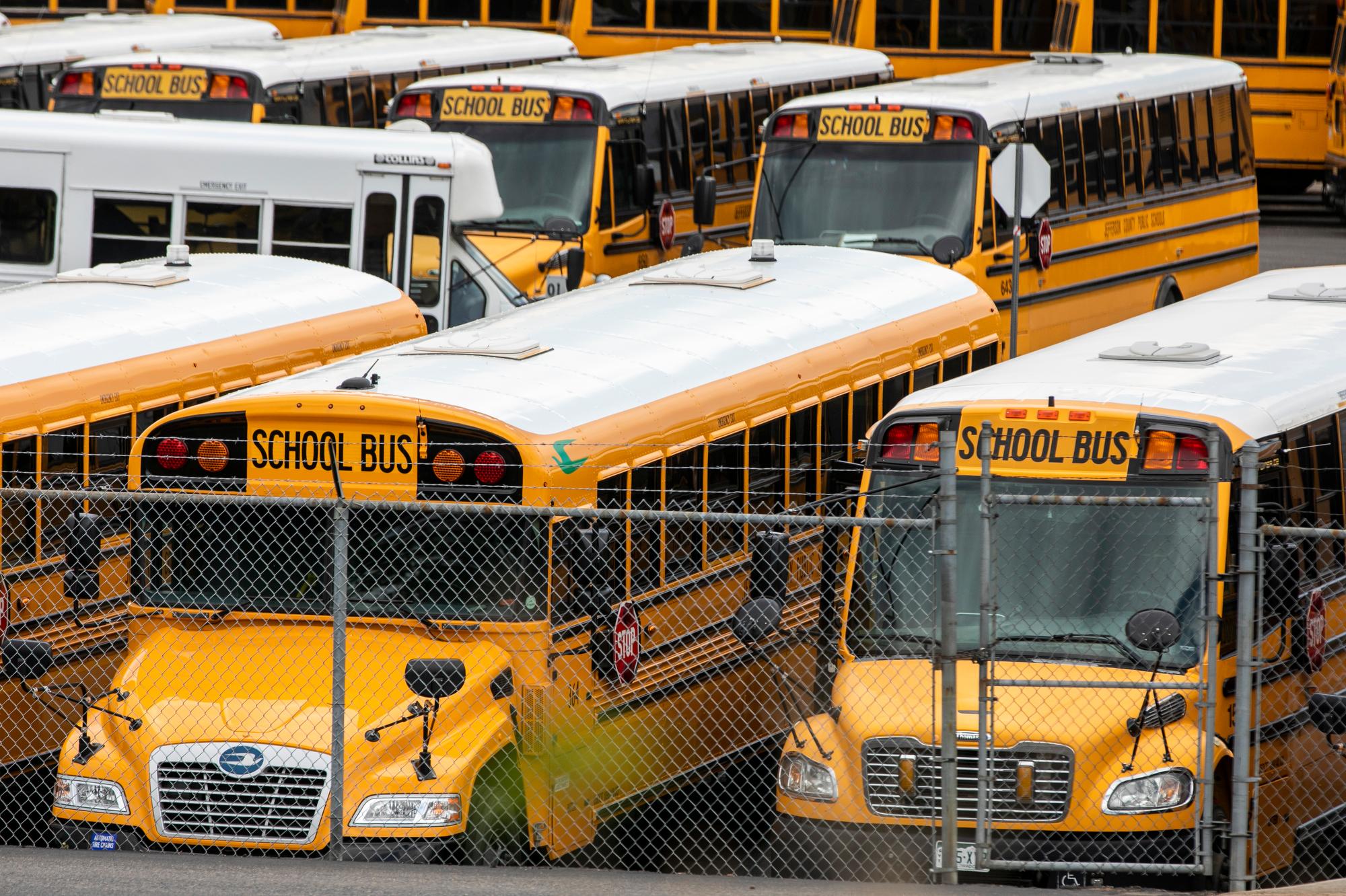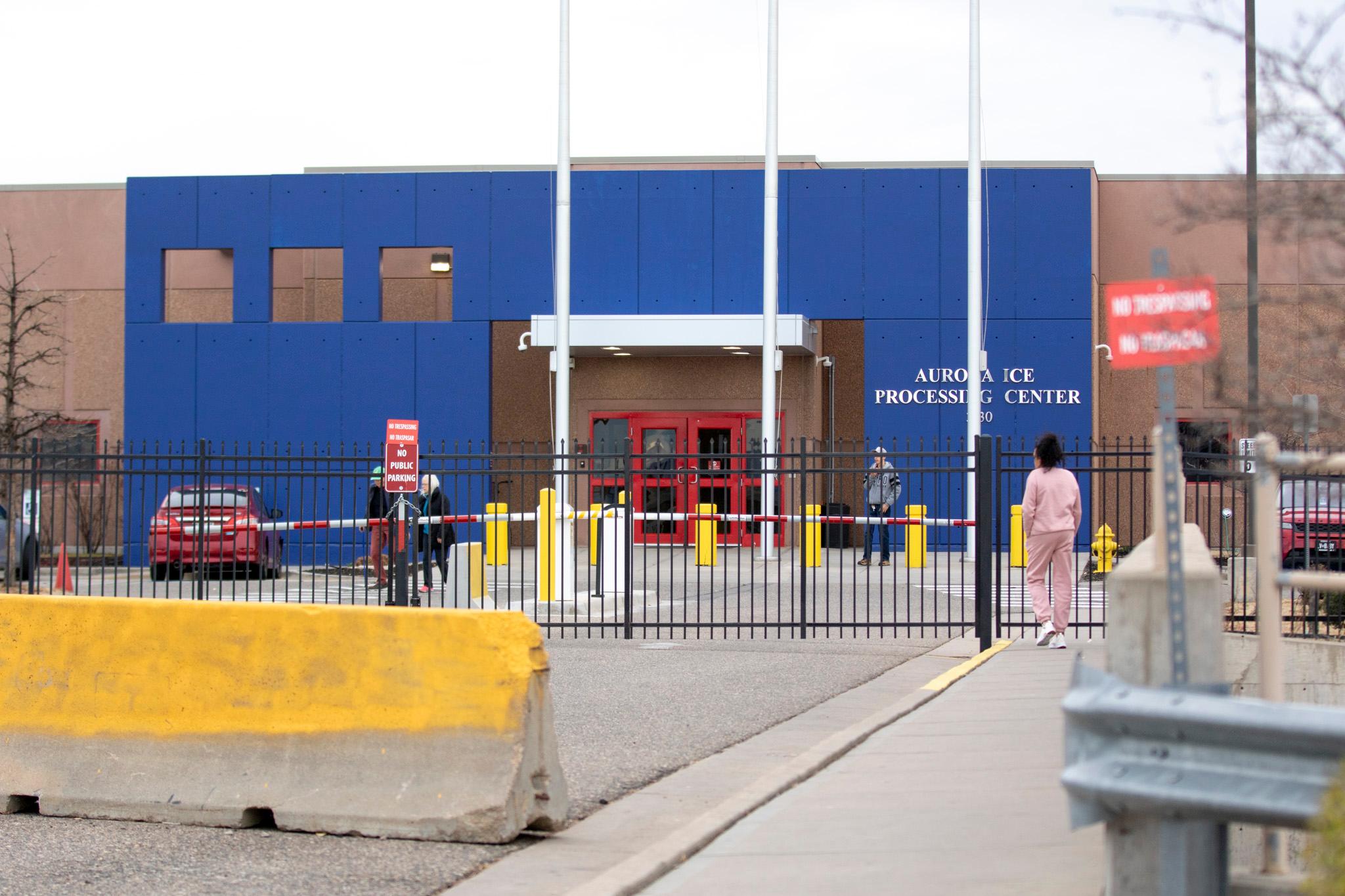Originally published on June 5, 2018 2:56 pm
The effects of climate change are already being felt at the headwaters of the West’s most important river system, according to a study released earlier this year.
The Rocky Mountain Climate Organization compiled the latest science on climate change in the Colorado River headwaters in a report titled Climate Change in the Headwater: Water and Snow Impacts (PDF), presented to the Northwest Colorado Council of Governments in February.
The Colorado River and its tributaries supply water to some 40 million people in seven U.S. states and Mexico. Warmer temperatures high up in the mountains -- where the river gets its start -- are already reducing its flow and melting snow earlier in the year.
“If we have less of it stored and it’s coming down earlier in the year then we have a mismatch of when the precipitation falls and when we actually need it,” says Stephen Saunders, the report’s co-author and director of the nonprofit Rocky Mountain Climate Organization.
The report examined the possible climate change effects for six counties in Colorado’s high country, which act as headwaters for the Colorado, Yampa, Gunnison, Roaring Fork and Eagle rivers.
The driver of most of this change is the increase in temperature, Saunders says. If greenhouse gas emissions continue to accelerate, by 2055 Colorado’s average annual temperature could jump more than 7 degrees.
“If we keep going with high emissions our summers are projected to be as hot as Tucson’s,” he says. “That’s not a crazy analogy. That’s the reality of what we could face.”
The report isn’t all bad news. Saunders says while other parts of the West have recorded declines in mountain snowfall, the river’s headwaters haven’t. And, he says, if we reduce greenhouse gas emissions now, temperature increases could happen slower, easing some of the effects.
This story is part of a project covering the Colorado River, produced by KUNC and supported through a Walton Family Foundation grant. KUNC is solely responsible for its editorial content.
Copyright 2018 KUNC. To see more, visit KUNC.








